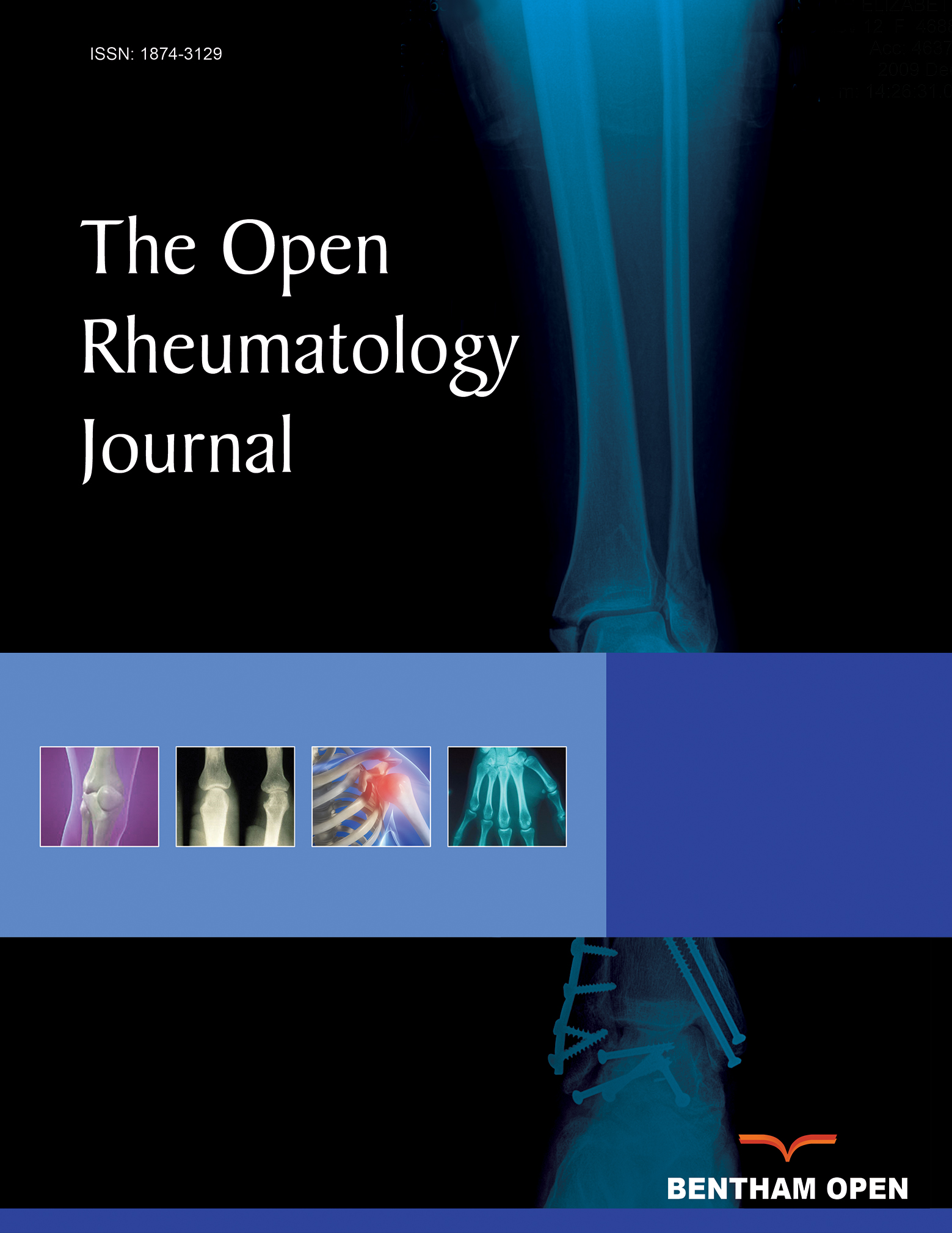All published articles of this journal are available on ScienceDirect.
Pregabalin in Treatment-Refractory Fibromyalgia
Abstract
Context: Fibromyalgia is a chronic musculoskeletal pain disorder. The pain can be intractable and may not respond to commonly-used treatments, such as tricyclic antidepressants and opioids.
Objectives: To evaluate pregabalin response in the subset of patients with fibromyalgia whose pain had been judged refractory to other treatments.
Methods: Patients had previously participated in a controlled trial of pregabalin and had moderate to severe pain despite treatment with gabapentin, a tricyclic antidepressant, and a third medication (e.g., other anticonvulsants, opioid, selective serotonin reuptake inhibitors, tramadol). Flexible-dose pregabalin 150-600 mg/day was added for 3-month treatment cycles, each followed by 3- to 28-day pregabalin “drug holiday” that lasted until a relapse occurred. Pain intensity was measured using the visual analogue scale of the Short-Form McGill Pain Questionnaire completed at baseline, the end of each 3-month treatment period and at the relapse visit. Analysis was at 15 months (after 5 cycles).
Results: In total, 25 patients were included and 19 completed the 15-month analysis period. At baseline, 88% were receiving ≥1 pain medication. Pregabalin 150-600 mg/day was associated with statistically significant, clinically meaningful pain reduction during each treatment cycle. Pain quickly returned to baseline levels during the “drug holidays” in a median time of 2-4 days. Somnolence (n=5) and dizziness (n=4) were the most common adverse events.
Conclusions: These results suggest that pregabalin may be beneficial in patients with fibromyalgia who have had an unsatisfactory response to treatment with other medications.


